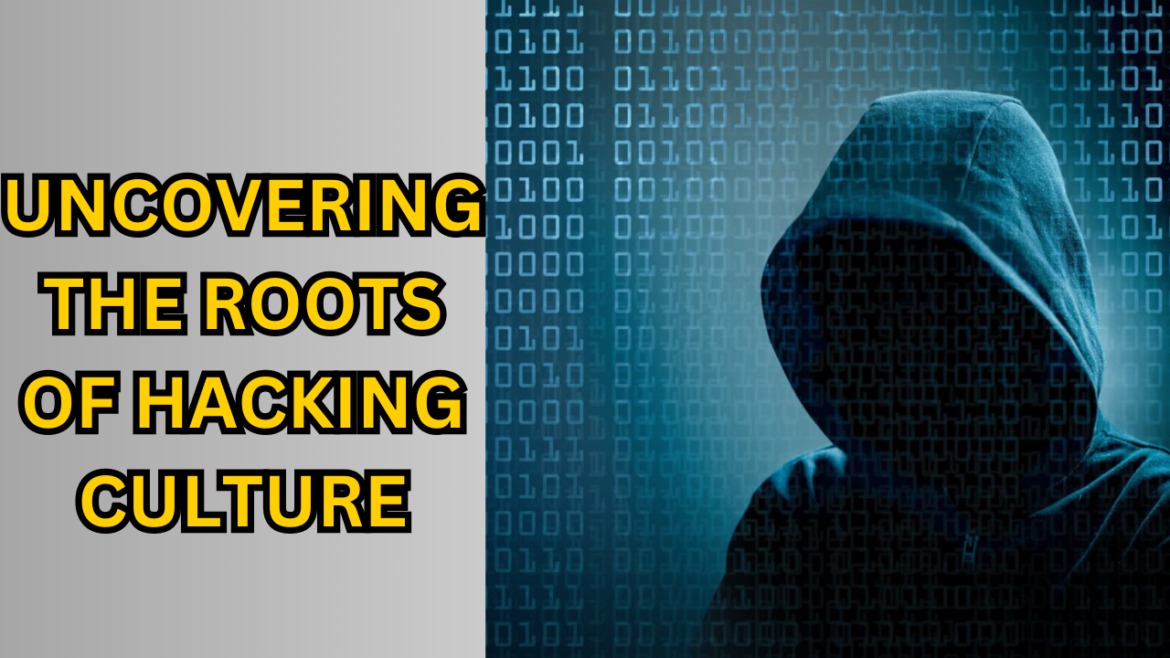In today’s digital age, the word “hacking” often summons images of cybercriminals and data breaches. However, the roots of hacking culture are deeply surrounded by a rich history of innovation, exploration, and a relentless pursuit of knowledge. This article explores the origins and evolution of hacking culture, highlighting its impact on technology and society.
The Beginnings of Hacking:
The term “hacker” was first used in the 1960s at MIT, where it described individuals who pushed the boundaries of computer programming. These early hackers were not malicious; instead, they were enthusiasts who sought to understand and manipulate systems for improvement. The legendary Tech Model Railroad Club at MIT was a breeding ground for such innovators, where members tinkered with the nascent form of computer systems to create more efficient processes.
Hacking as a Method for Innovation:
According to Jonah Berger’s “Contagious,” social currency and storytelling are powerful tools for spreading ideas. In the 1970s and 1980s, hacker culture flourished as personal computing began to rise. The Homebrew Computer Club, where Steve Jobs and Steve Wozniak showcased the Apple I, is an example of how hacking culture contributed to groundbreaking technological advancements. These pioneers shared their stories and creations, fueling a wave of innovation that transformed the tech landscape.
The Ethical Hacker: A New Idea:
As hacking evolved, so did its perception. The 1990s saw the rise of the “ethical hacker,” professionals who use their skills to identify security flaws and protect systems. This shift is reminiscent of the Heath brothers’ insights in “Made to Stick,” where creating simple, memorable messages can transform perceptions. Ethical hackers became crucial allies in the cybersecurity industry, demonstrating that hacking could be a force for good.
Hacking Culture in Modern Times:
Today, hacking culture is a complex tapestry woven with both positive and negative threads. While cybercrime remains a significant threat, hacker conferences like DEF CON and Black Hat showcase the community’s commitment to advancement and security. These gatherings emphasize the importance of practical value and public engagement, as highlighted in Berger’s STEPPS framework.
The Future of Hacking Culture:
The future of hacking culture lies in collaboration and education. As Joe Pulizzi notes in “Epic Content Marketing,” a strategic approach to content can break through the clutter and win more customers. By fostering a community that values transparency, ethical practices, and continuous learning, the hacking culture can continue to drive technological progress and innovation.
Conclusion:
Uncovering the roots of hacking culture reveals a legacy of curiosity, creativity, and collaboration. While the term “hacker” may have taken on negative meanings over time, its origins remind us of the potential for positive impact. As we navigate the complexities of the digital age, embracing the true spirit of hacking, exploration, and innovation, can lead to a more secure and advanced technological future.
